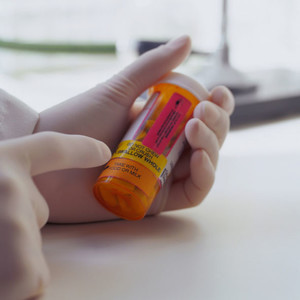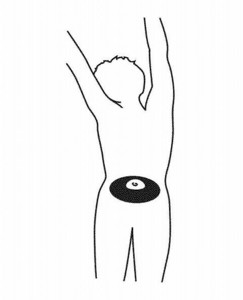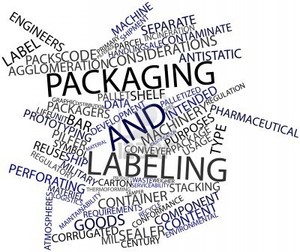In the US, generic drug products account for approximately 90% of all prescriptions dispensed [1]. Despite this, there is a continued lack of trust in these drug products. Generics are often perceived as less effective and less safe than their brand-name reference products. Now, researchers at Brigham and Women’s Hospital and Harvard Medical School have confirmed that in the US, generics exhibit a strong nocebo effect. Here, negative bias against generics leads to negative clinical outcomes [2]. The researchers call for more education about generics to increase awareness of their benefits and increase access to these lower-priced medicines.
Generics are approved by regulators based on evidence of pharmaceutical equivalence and bioequivalence with their brand-name product. However, they may contain different inactive ingredients. To date, most studies comparing the clinical outcomes of generics versus brand-name products have been observational. This means patients are aware of the medication they are being given, knowing if it is brand-name or generic. Negative expectations with generic drug products have been thought to lead patients to experience negative clinical outcomes in such studies due to a phenomenon often called the ‘nocebo effect’.
In their work published in PLOS Medicine, the researchers assessed authorized generics, which are chemically identical to and share the same appearance as brand-name products. However, they are marketed by brand manufacturers (or licensees) as generics. They use these as proxies for brand-name drugs to account for potential bias due to negative perceptions towards generics.
The study involved comparing the clinical outcomes of standard unbranded generics users with authorized generics users. In this case, it was assumed that the patients do not distinguish between the products as they are both seen as generics and as such, a bias against the products would be equally pronounced in both products. The clinical outcomes of standard unbranded generics users with brand-name product users were also compared (as were those of authorized generics users and brand-name product users as a negative control). As authorized generics and their corresponding brand-name products are identical, even in terms of inactive ingredients, any observed differences in patient clinical outcomes can be attributed to factors such as negative bias against generics.
Using this approach (further detailed in [3]), it was evident that generics provided comparable clinical outcomes to those of the brand-name products for a number of chronic conditions. These include diabetes (glipizide), hypertension (amlodipine, amlodipine-benazepril and quinapril), osteoporosis (alendronate and calcitonin salmon), and depression and anxiety (escitalopram and sertraline). This shows that the nocebo effect is strong when it comes to the use of generics and the current negative perceptions of these products.
As a result of this, the researchers noted that there needs to be further development of educational interventions to address physicians’ and patients’ negative perceptions of generics in the US. Further work also needs to be done to increase awareness regarding the equivalence of generic and brand-name drugs.
Related article
Evaluating success: generics substitution policy in Chile
References
1. IMS Institute for Healthcare Informatics. The use of medicines in the United States: review of 2011. Danbury (CT): IMS Institute for Healthcare Informatics; 2011.
2. Desai RJ, Sarpatwari A, Dejene S. Comparative effectiveness of generic and brand-name medication use: a database study of US health insurance claims. PLoS Med 16(3): e1002763.
3. GaBI Online - Generics and Biosimilars Initiative. New evidence: comparable clinical outcomes for generic and brand medications [www.gabionline.net]. Mol, Belgium: Pro Pharma Communications International; [cited 2019 Oct 11]. Available from: www.gabionline.net/Generics/Research/New-evidence-comparable-clinical-outcomes-for-generic-and-brand-medications
Permission granted to reproduce for personal and non-commercial use only. All other reproduction, copy or reprinting of all or part of any ‘Content’ found on this website is strictly prohibited without the prior consent of the publisher. Contact the publisher to obtain permission before redistributing.
Copyright – Unless otherwise stated all contents of this website are © 2019 Pro Pharma Communications International. All Rights Reserved.








 0
0











Post your comment